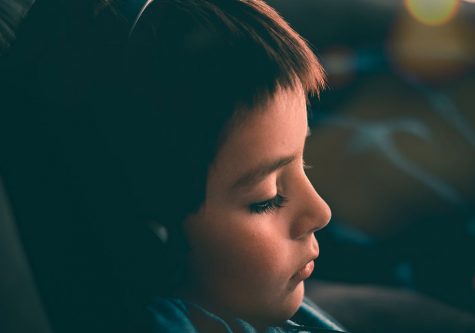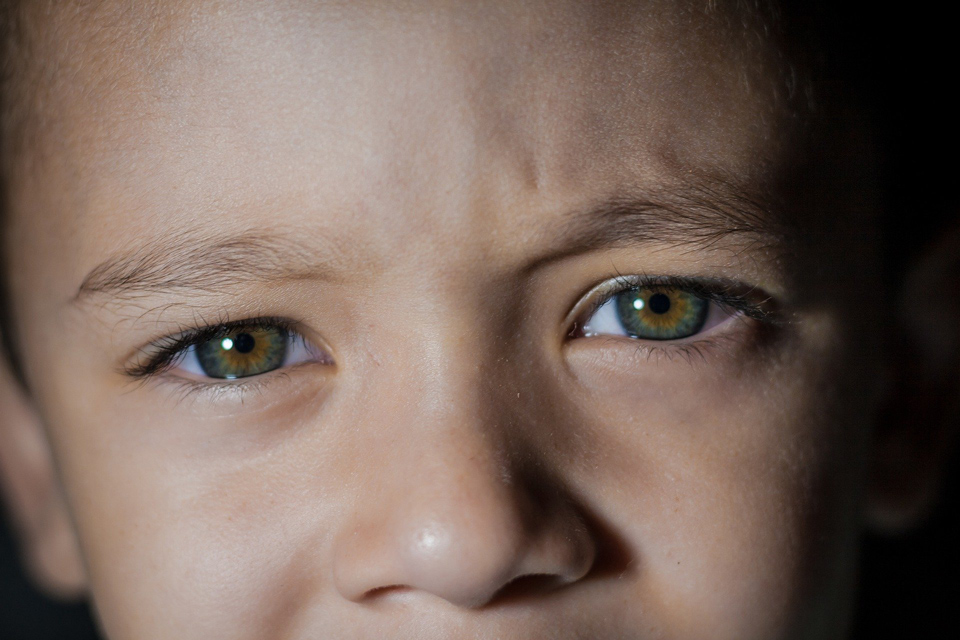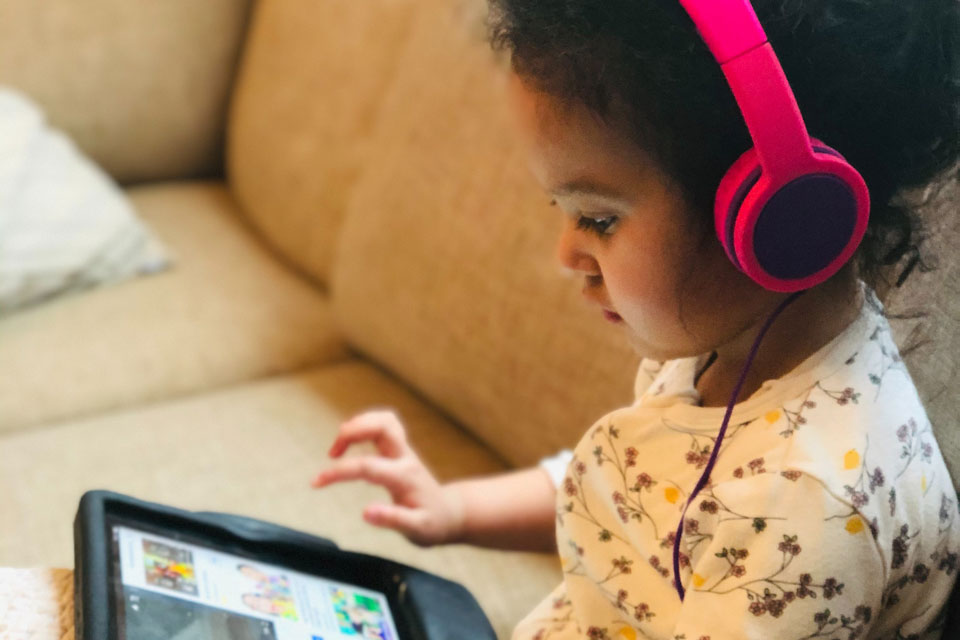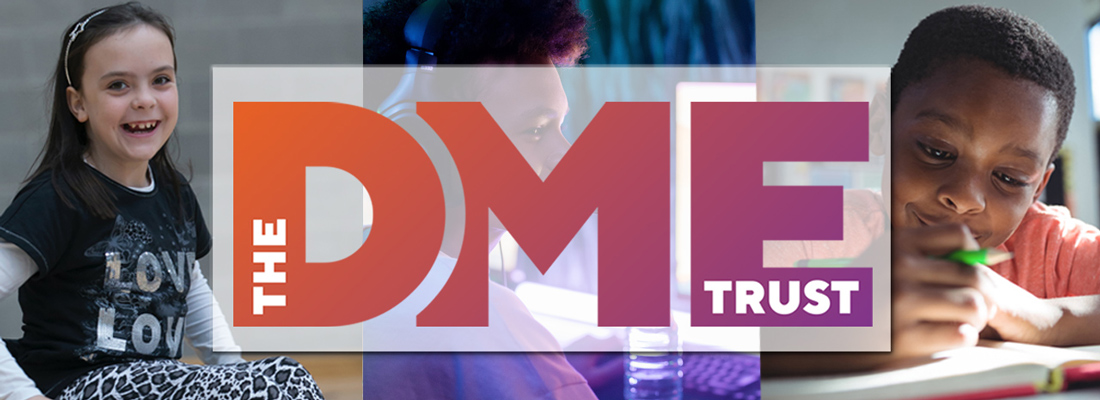Dual or Multiple Exceptionality

The term dual or multiple exceptionality (DME) is used in the UK to describe children who have both high learning potential and a special educational need through a learning difficulty or a disability. Find out what the term dual or multiple exceptionality means, the characteristics of children with dual or multiple exceptionality, common special educational needs which may be linked to DME, the common difficulties such children have and how to support the needs of children with dual or multiple exceptionality at both home and school.

Definition of Dual or Multiple Exceptionality
The term dual or multiple exceptionality (DME) is used in the UK to describe children who have both high learning potential and a special educational need because of a learning difficulty or a disability
Discover more about the Definition of Dual or Multiple Exceptionality »

Characteristics of Children with Dual or Multiple Exceptionality
Children with dual or multiple exceptionality share some characteristics that relate to their intellectual strengths, academic difficulties, and emotional and behavioural characteristics.
See more about the Characteristics of Children with Dual or Multiple Exceptionality »

Dual Diagnoses in Children with Dual or Multiple Exceptionality
There are several learning differences and disabilities that commonly exist alongside high learning potential.
Find out more about Diagnosed Disabilities and High Learning Potential »

Common Difficulties for Children with Dual or Multiple Exceptionality
The difficulties that children with dual or multiple exceptionality (DME) face vary according to their additional diagnoses and individual profiles. However, there are some common difficulties such as Executive Function Skill difficulties, Attention Difficulties and Impulsivity, Asynchronous Development, Slow Processing Speed, Poor Handwriting, Sensory Processing Difficulties, Social Problems, Low Self-Esteem, High Emotional Sensitivity.
See more about Common Difficulties for Children with Dual or Multiple Exceptionality »

Supporting Children with Dual or Multiple Exceptionality
Children with dual or multiple exceptionality need recognition and support both for their high potential and their difficulty or disability, as supporting one without the other will cause further pressure or frustration.
See more about Supporting Children with Dual or Multiple Exceptionality »
The DME Trust
The DME Trust is a partnership between Potential Plus UK and nasen (National Association of Special Educational Needs) to support the needs of children with dual and multiple exceptionality (DME).
It provides information and advice on DME for children, their families, schools and professionals. See www.dmetrust.org

